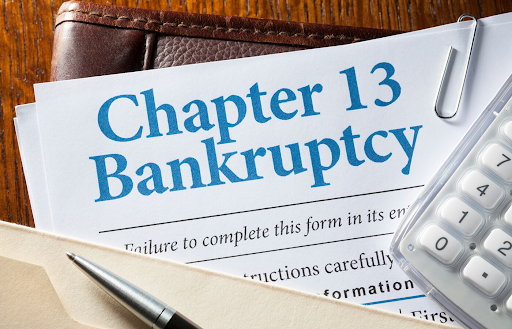Becoming a landlord can be a boon to your financial prospects. Investing in rental properties in in-demand areas stands to generate a large amount of passive income each month, making property investment a highly profitable venture. Still, it’s worth noting that simply purchasing rental properties doesn’t guarantee success. There are a number of factors that many new investors fail to take into account, which often winds up costing them money and landing them in all sorts of trouble. First-time investors who truly wish to succeed as landlords should put the following pointers to good use.
Familiarize Yourself with State and Federal Housing Laws
A lack of familiarity with state and federal housing laws isn’t going to do you any favors. If you don’t become familiar with these laws, you may wind up inadvertently violating them and discriminating against prospective renters on unfair grounds. These laws make clear what’s expected of you in your capacity as a landlord and outline the various grounds on which you must never reject rental applicants. So, unless you want to find yourself on the receiving end of lawsuits or in other types of legal trouble, you’d do well to brush up on the aforementioned housing laws.
Don’t Assume That a Property Will Always Have Renters
Even if a rental property is located in a popular area, it is folly to assume it will always be occupied. For a variety of reasons, most rental properties go through vacant periods that can range from months to years. With this in mind, make sure to have funds stored away for such periods. Taking things on a month-by-month basis may seem appealing at the outset, but once a property has been vacated and is in need of new occupants, you’re liable to wish you had put away some money.
Thoroughly Vet Renter Applications
Far too many first-time landlords fail to do due diligence when reviewing renter applications. If prospective tenants are able to present themselves well over the phone or in person, fledgling landlords will often have zero qualms about taking a chance on them. However, just because someone is able to talk a big game doesn’t mean they have a credit history to match. So, if an applicant’s credit history reveals that they’ve frequently been late with rent or faced evictions in the relatively recent past, it may be in your best interest to move on to other applications.
Once late-paying or non-paying tenants have moved in, getting them out can be an uphill battle. In fact, depending on the state, evicting delinquent tenants may prove virtually impossible. (This is another reason it pays to be well-versed in housing laws.)
Stay on Top of Maintenance Issues
As any seasoned landlord can attest, you are going to run into maintenance issues. Sometimes, these issues are largely the fault of tenants. Other times, they come about for seemingly random reasons. Regardless of why these issues occur, it’s imperative that you address them in a timely and professional manner. The longer certain problems are allowed to linger, the more expensive and cumbersome they will ultimately be to repair.
Furthermore, failure to promptly address maintenance issues is often a sign of an unreliable landlord. In addition to angering your tenants, this approach to maintenance stands to do serious harm to your professional reputation.
Seek Out the Right Investment Opportunities
When searching for prospective properties, keep an eye out for smart investments. For example, if multi-family rental investment opportunities are currently hot in your area, make a point of seeking them out. After all, a rental property that doesn’t turn a healthy profit is essentially a waste of time and resources.
Investing in rental properties stands to bolster your finances by quite a bit. In fact, if your forays into property investment prove profitable enough, you may even be able to become a landlord full-time. Even if this particular prospect doesn’t pan out, owning rental properties can net you a handsome sum in side income each month. However, if you’ve never owned a rental property, being thrust into the role of landlord may take a bit of adjustment. First-time landlords looking to ensure the success of their property investments will be well-served by the tips discussed above.





Recent Comments